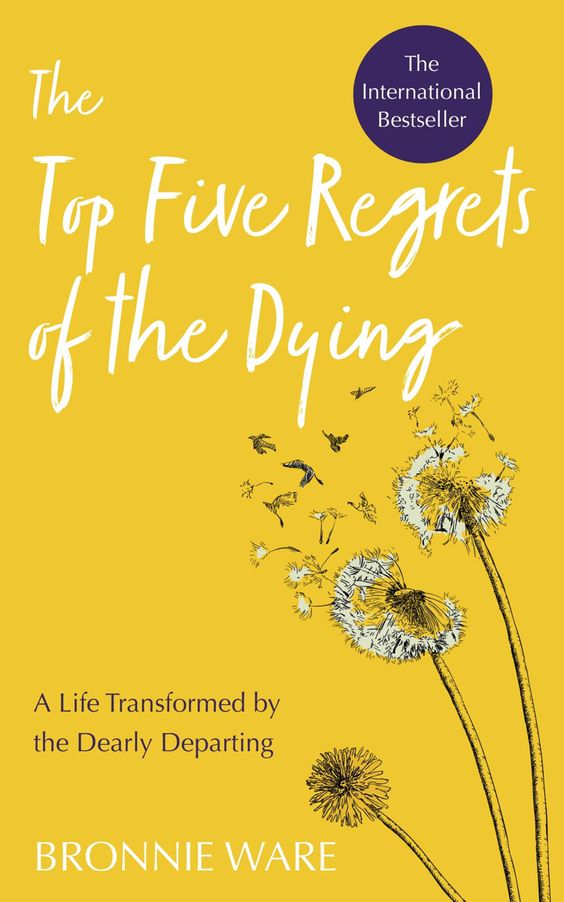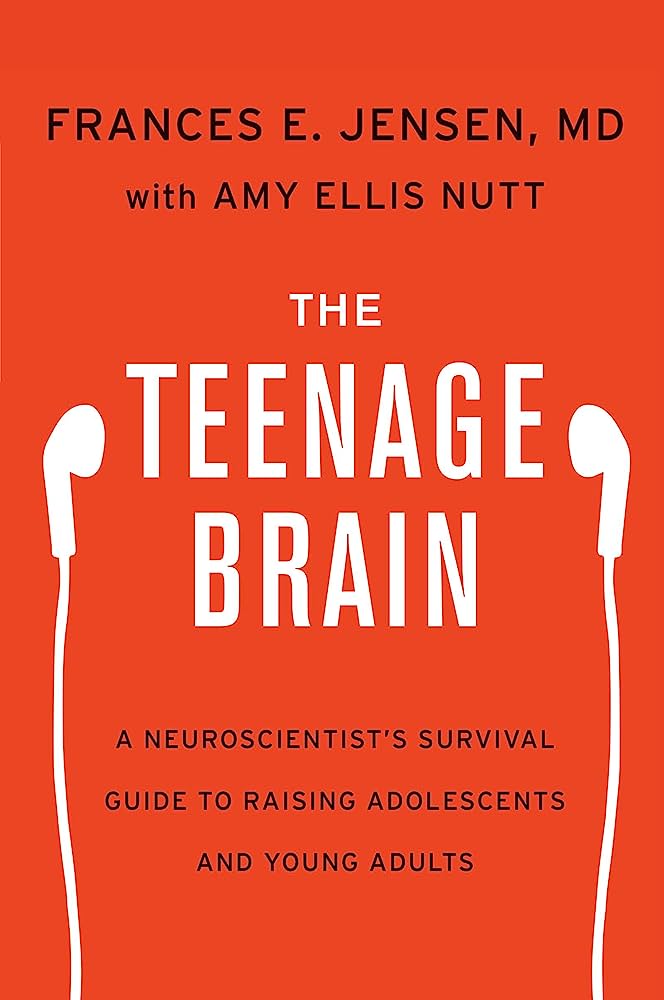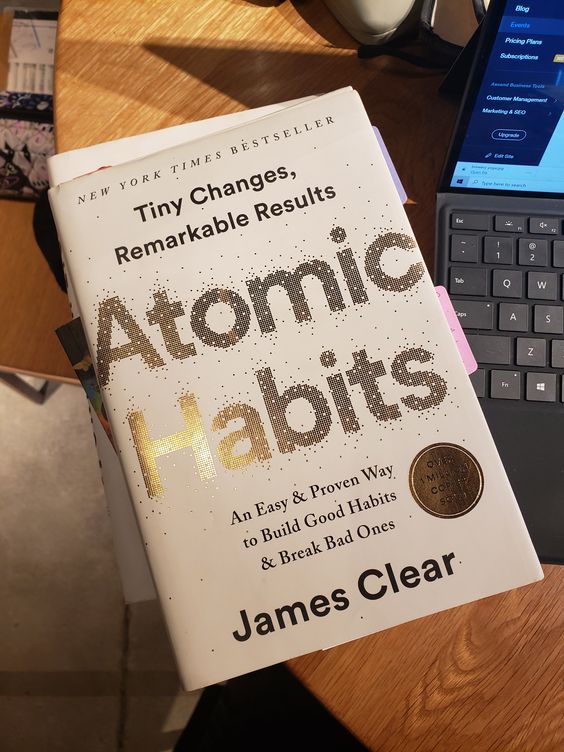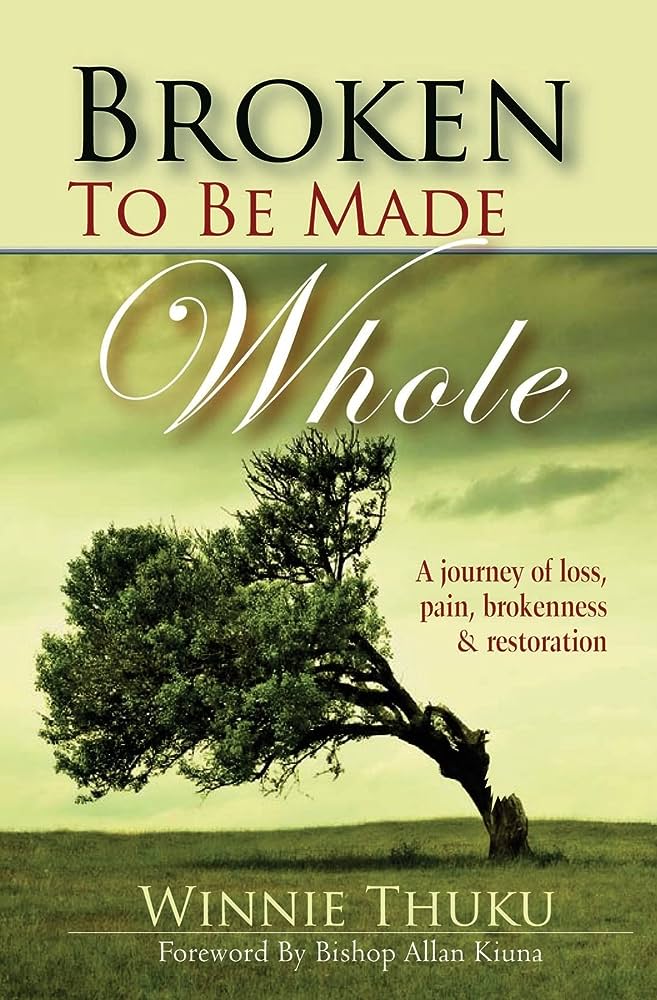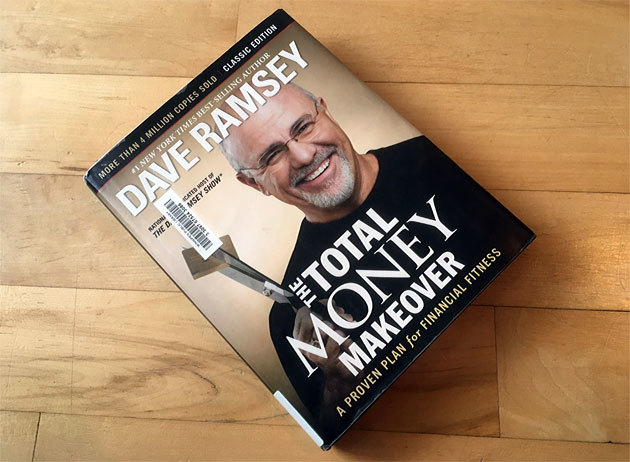The Top 5 Regrets of the Dying

“The Top Five Regrets of the Dying” is a book by Bronnie Ware. In this book, she offers a thoughtful exploration of the human end-of-life experiences through stories from her patients. Working as a former palliative care nurse, Ware interacted with many terminally ill patients and upon interviewing them, she came up with the five key regrets stated by the dying. Enjoy the summary.
Regret One: I Wish I’d Had The Courage To Live A Life True To Myself, Not The Life Others Expected Of Me
“I wish I’d had the courage to live a life true to myself, not the life others expected of me” is one of the most common regrets of the dying. According to Ware, many terminally ill patients regretted that they majorly conformed to societal expectations and ended up forgetting about their goals and life-related ambitions. How sad? This chapter provokes us to re-examine our lives and ensure that all our decisions are aligned with our desires, choices and values. We should first focus on ourselves.
Regret Two: I Wish I Hadn’t Worked So Hard
As someone who loves working hard, this regret was a shocker. Nowadays, we are conditioned to work hard, and in most cases, we sacrifice relationships for work. In the second chapter of Ware’s book, she noted that many terminally ill patients regretted working hard. According to the interviewees, they devoted most of their work to gaining enough to pay bills. However, in this pursuit, they neglected their families and friends. This chapter teaches us that our lifestyles significantly impact our overall well-being. “I wish I hadn’t worked so hard” is a compelling call for us to engage in work-life balance. It also encourages us to prioritize our health, relationships, and happiness.
Regret Three: I Wish I’d Had The Courage To Express My Feelings

“I wish I’d had the courage to express my feelings is the third regret noted in this book. In this chapter, Ware shares stories of patients who suppressed their true emotions out of fear or societal norms. Unfortunately, they experienced regret for not expressing themselves authentically on their deathbed. In this chapter, we learn to embrace vulnerability, open communication, and fostering genuine connections with others. We should work towards expressing our feelings and emotions freely.
Regret Four: I Wish I Had Stayed in Touch with my Friends
“I wish I had stayed in touch with my friends” is the fourth most common regret the dying had. This regret illustrates the significance of nurturing and sustaining meaningful relationships even as we age. In this chapter, Ware shares heartfelt accounts of patients who neglected their friendships and chose solitude. The chapter teaches us the benefits of investing time and energy in building, culturing, and sustaining relationships with others. Relationships play a key role in our overall well-being and life satisfaction.

Regret Five: I Wish That I Had Let Myself Be Happier
“I wish I had let myself be happier” is Ware’s last regret. According to her, most patients she interviewed complained about their earlier self-imposed barriers to happiness. In this chapter, the author shares stories of patients who, in their last days, realized that happiness is often a choice and depends on their perspective and mindset. Reading this chapter, we are encouraged to pursue joy, prioritize self-care, and release the limitations we impose on our happiness. The chapter also encourages us to reassess the beliefs that bring true fulfillment and actively choose a path that aligns with our happiness.
As you read this book’s pages, you will be confronted with profound questions about your life and choices. Through the wisdom of the dying, we receive a timeless message and inspiration to live with purpose, courage, and a profound appreciation for the precious gift called life.
Key Lessons From The Book
- Be authentic- From the book, we are encouraged to embrace the courage to live a life true to ourselves. We should also align our choices with our authentic desires and values.
- Develop a work-life balance– Ware teaches us the importance of work-life balance. Apart from work, we should also focus on our well-being, schedule time for friends and family, engage in self-care, and nurture a hobby.
- Express True Feelings – Ware encourages us to embrace vulnerability and express feelings honestly. We are also encouraged to foster genuine connections with others and avoid the weight of unspoken feelings and opinions.
- Nurture Meaningful Relationships – Stay in touch with friends and family.
- Choose Happiness – Actively pursue joy, prioritize self-care, and break free from self-imposed barriers to happiness.
- Live in the Present
- Embrace Change and Take Risks – Be open to opportunities
- Cultivate Gratitude – Appreciate the present moment, cherish relationships, and acknowledge the blessings in their lives.
- Prioritize Self-Care – Prioritize physical and mental health. Caring for yourself is key to a fulfilling and meaningful life.
- Create a Legacy of Love – In this journey called life, foster love, kindness, and compassion. The three will lead to a more meaningful and impactful life, leaving a positive and lasting influence behind.
